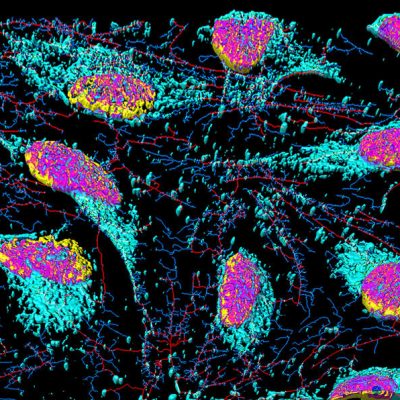A new universal vaccine against coronaviruses has been developed, offering broad protection and potentially preventing future pandemics. Current vaccines against SARS-CoV-2 are based on a specific surface structure, the spike protein, which the virus uses to enter human cells and also serves as a recognition marker for the immune system. However, mutations in the spike protein could render current vaccines less effective. Scientists at the University of North Carolina have developed a universal vaccine that targets not only SARS-CoV-2 and its mutations, but also future coronaviruses. The vaccine contains chimera spike proteins, a combination of spike proteins from different coronaviruses, and has been shown to be effective in animal trials.
The new universal vaccine works on the same principle as the mRNA vaccines from Pfizer/BioNTech and Moderna, which contain a genetic blueprint for the spike protein and trigger the immune system to produce corresponding antibodies. However, instead of targeting a specific spike protein, the universal vaccine contains chimera spike proteins from different coronaviruses. In animal trials, mice that received the combination of four different chimera blueprints produced functioning antibodies against the bat variant, SARS-CoV, and SARS-CoV-2, and did not become ill when exposed to the viruses. Mice that were only vaccinated against SARS-CoV-2 became infected with SARS-CoV, and some were infected with the South African variant of SARS-CoV-2. The vaccine has the potential to prevent outbreaks when used as soon as a new variant is discovered.
The results of the animal trials are promising, and if further animal trials are successful, clinical trials in humans could begin soon. The development of universal pan-coronavirus vaccines could proactively protect against viruses that pose a risk to humans and potentially prevent future pandemics. The new universal vaccine offers hope for the future and could prevent the emergence of a SARS-CoV-3.










